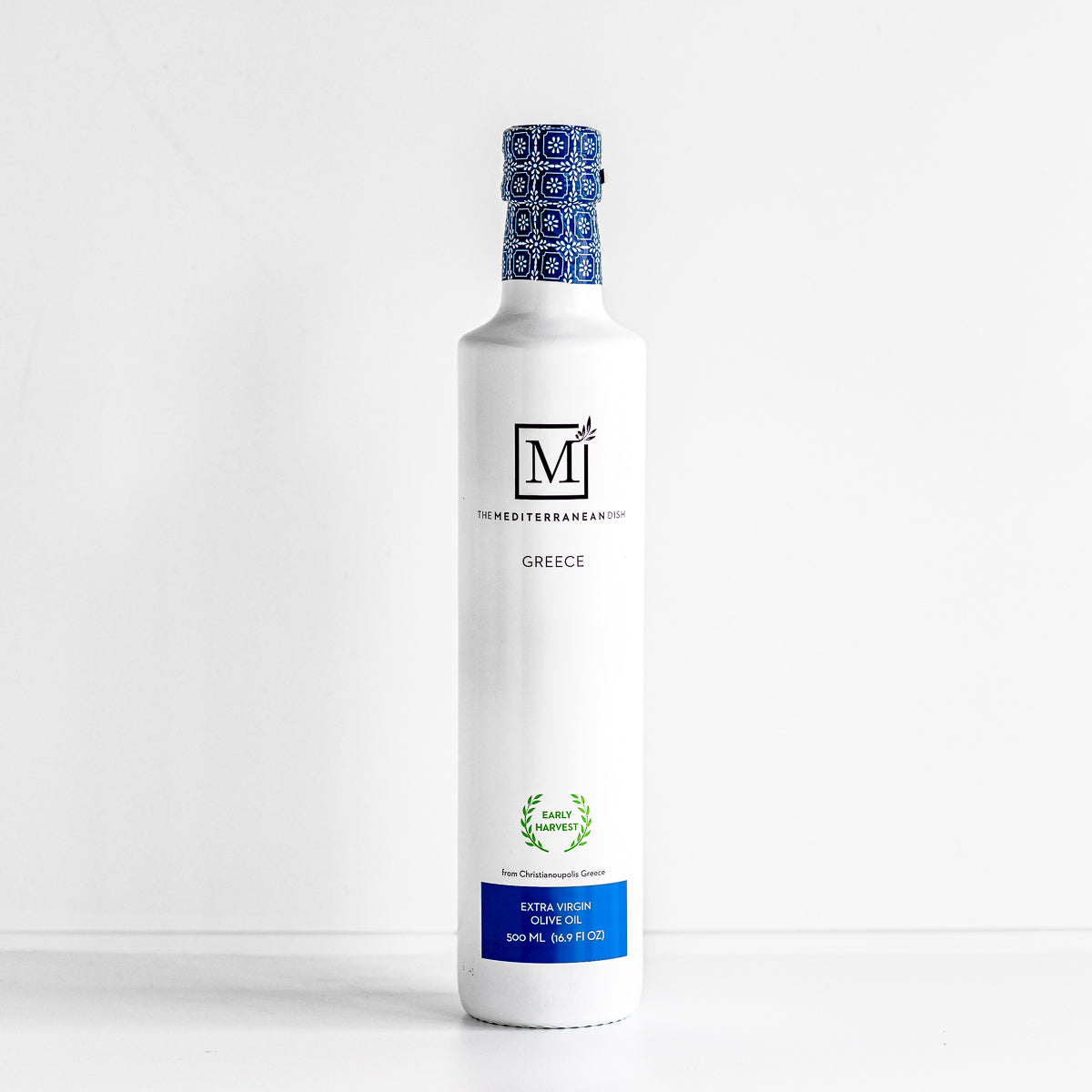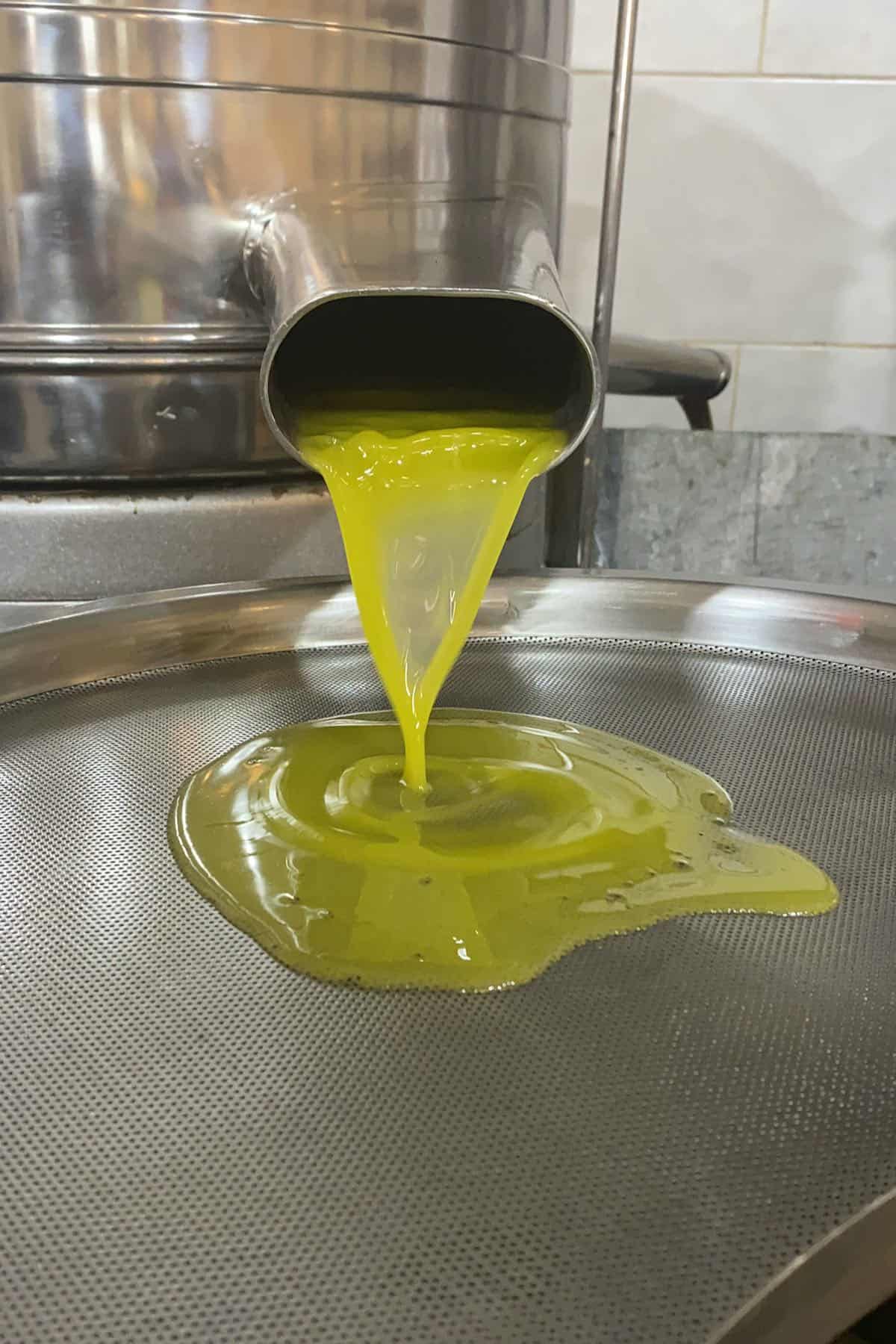How Extra Virgin Olive Oil Benefits Your Heart and Overall Well-being
How Extra Virgin Olive Oil Benefits Your Heart and Overall Well-being
Blog Article
Exploring the Various Sorts Of Olive Oil and Their Uses, Including Extra Virgin Olive Oil
The expedition of olive oil encompasses a diverse variety of types, each offering culinary applications and unique flavors. Extra virgin olive oil, renowned for its remarkable high quality and health benefits, acts as a staple in many kitchens, yet it is just one facet of this diverse ingredient. extra virgin olive oil benefits. Various other varieties, such as refined and pure olive oils, also require focus for their one-of-a-kind residential or commercial properties and usages. Understanding these distinctions can dramatically affect both cooking methods and taste accounts. What, after that, should one take into consideration when picking the ideal olive oil for a certain cooking endeavor?
What Is Olive Oil?
Originated from the fruit of the olive tree, olive oil is a staple in Mediterranean cuisine and a vital active ingredient in different cooking applications. This versatile oil is created by pressing whole olives, resulting in a fluid that differs in color, scent, and taste depending on the type of olives utilized, the area of farming, and the extraction process. Olive oil is mainly made up of monounsaturated fats, specifically oleic acid, which is recognized for its potential health benefits, consisting of anti-inflammatory residential or commercial properties and cardiovascular support.
In enhancement to its cooking usages, olive oil has a long history of application in standard medication and skincare, owing to its rich antioxidant material (extra virgin olive oil benefits). The oil is commonly used in dressings, marinates, and for cooking techniques such as sautéing and roasting. Its unique taste account can boost the preference of different meals, making it an essential component for both home chefs and professional chefs
In addition, olive oil is commemorated for its function in the Mediterranean diet plan, which is related to various wellness benefits. As awareness of these benefits expands, olive oil continues to acquire popularity worldwide as a basic element of a healthy lifestyle.
Kinds of Olive Oil
Understanding the numerous kinds of olive oil is crucial for both culinary enthusiasts and health-conscious customers. Olive oil is categorized mainly based upon its extraction approach and high quality, which considerably influences its fragrance, flavor, and wellness advantages.

Light olive oil, despite its name, refers to a lighter taste and not reduced calories. It is suitable for those looking for a much more refined taste in marinades and dressings. Additionally, there are flavorful olive oils instilled with herbs, spices, or citrus, which can improve meals without the requirement for additional seasoning.
Each sort of olive oil offers certain cooking objectives, and comprehending these distinctions enables customers to make enlightened options that align with their food preparation designs and health objectives.
Additional Virgin Olive Oil
Extra virgin olive oil (EVOO) is extensively considered the best quality olive oil available, renowned for its rich taste and many health and wellness benefits. To be categorized as extra virgin, the oil has to be generated from fresh olives utilizing mechanical procedures, without view website using solvents or extreme heat. This thorough method maintains the oil's natural tastes, antioxidants, and healthy and balanced fats, resulting in an item with a low level of acidity level of less than 0.8%.
EVOO is bountiful in monounsaturated fats, especially oleic acid, which is connected to lowered inflammation and boosted heart health. It likewise contains polyphenols, powerful anti-oxidants that might provide safety results against chronic illness. The taste profile of EVOO can differ dramatically relying on the olive variety and region of manufacturing, varying from fruity and grassy to durable and sharp.

Culinary Uses of Olive Oil

In cooking, olive oil can be made use of for sautéing, toasting, and cooking, supplying a much healthier choice to butter or various other fats. Its high smoke point makes it appropriate for different cooking techniques, while its antioxidants add to a heart-healthy diet. Drizzling olive oil over finished dishes, such as pasta, fish, or grilled veggies, can elevate flavors and add a touch of beauty.
Furthermore, olive oil plays a considerable role in baking, where it can change standard fats in dishes for bread and pastries, Get the facts imparting dampness and a refined preference. It likewise acts as a base for instilled oils, permitting cooks to try out flavors such as garlic, natural herbs, or chili, additionally broadening its culinary possibility. Generally, olive oil's adaptability makes it important in both home and professional cooking areas.
Deciding On High Quality Olive Oil
When selecting high quality olive oil, it's vital to consider several key factors that affect the product's health, scent, and taste benefits. Choose for added virgin olive oil (EVOO), which is acquired from the first cool pressing of olives and consists of the highest possible levels of anti-oxidants and beneficial compounds. Seek oils that are certified by identified companies, as this frequently guarantees adherence to stringent quality criteria.
The packaging additionally plays a significant role in maintaining the oil's stability. Select oils saved in dark glass bottles or tins to safeguard versus light destruction. Take note of the harvest day; fresher oils offer exceptional taste and dietary worth, so select products that are within 18 months of their harvest.
Be conscious of the taste; a good quality olive oil should have an equilibrium of fruity, bitter, and sharp notes, suggesting its richness and intricacy. By assessing these elements, you can guarantee you are choosing the finest olive oil for your culinary requirements.
Final Thought
In recap, the exploration of different types of olive oil discloses distinct features and applications, with additional virgin olive oil representing the pinnacle of quality due to its low level of acidity and high antioxidant material. Understanding the various selections of olive oil permits for notified selections in cooking approaches, promoting much healthier practices while enriching the general gastronomic experience.
Derived from the fruit of the olive tree, olive oil is a staple in Mediterranean food and a key component in various culinary applications.The most usual types of olive oil include improved olive oil, pure olive oil, and light olive oil.Bonus virgin olive oil (EVOO) is widely pertained to as the highest high quality olive oil readily available, well known for its abundant taste and numerous health and wellness advantages. Choose for additional virgin olive oil (EVOO), which is acquired from the first chilly pushing of olives and contains the highest levels of anti-oxidants and useful substances.In summary, the expedition of numerous kinds of olive oil reveals distinct attributes and applications, with added virgin olive oil standing for the pinnacle of quality due to its low acidity and high antioxidant material.
Report this page